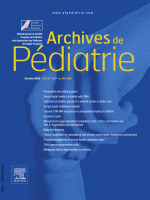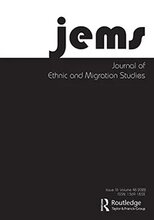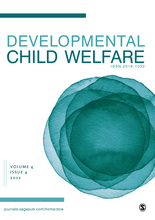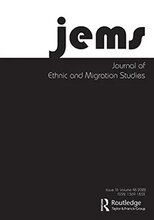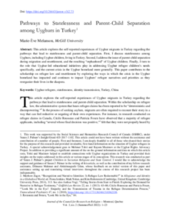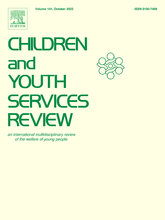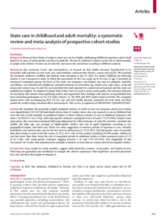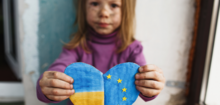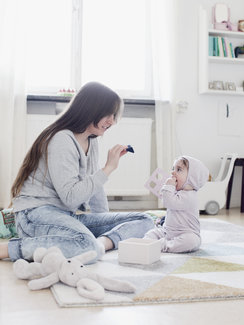

Displaying 31 - 40 of 423
This qualitative study designed to identify potential prognostic factors relating to the outcome of children placed in a welfare center or foster care before the age of 4 years was based on the analysis of 34 case histories of children placed in a welfare center or foster care in Angers.
The UN Child Rights Committee (CRC) today issued its findings on Germany, Kuwait, North Macedonia, the Philippines, South Sudan, Ukraine, Uzbekistan and Viet Nam after reviewing the eight States parties during its latest session.
This paper aims to analyse how State policies, on the book and in practice, shape family reunification. It focuses on child migration under constraint in France, by analysing the timing and factors of (non-)reunification among foreign immigrants, whose legal conditions for family reunification are much more restrictive than for those who obtained the French citizenship.
Family foster care is the option of choice in case of out-of-home placements in Flanders, Belgium, resulting in rising numbers of family foster care placements. As a number of the foster children experienced traumatic events and all of them were separated from their primary caregivers, concerns can be raised about the quality of attachment between foster children and their foster carers. In this study, the attachment behavior was scored by the foster mothers on the Attachment Insecurity Screening Index.
This paper aims to analyse how State policies, on the book and in practice, shape family reunification. It focuses on child migration under constraint in France, by analysing the timing and factors of (non-)reunification among foreign immigrants, whose legal conditions for family reunification are much more restrictive than for those who obtained the French citizenship.
In this theoretical paper, the authors argue that, due to the detrimental impact of parental loss on academic achievement in France, orphaned students should be considered as students with special educational needs. This is important to provide appropriate educational responses consistent with inclusive education.
Previous research has focused primarily on the “leaving care” phase and related challenges in the transition to independent living. This paper is the first to analyze the socio-economic status and living situation of care leavers between the ages of 20–29 in Austria.
In this workshop Family for Every Child members Flüchtlingsrat Niedersachsen (The Refugee Council of Lower Saxony, Germany), Programma Integra (Italy) and METAdrasi (Greece) share their experience around supporting unaccompanied minors, with For Our Children (FoC) in Bulgaria. They share top tips with FoC as they navigate the arrival of unaccompanied minors fleeing the conflict in Ukraine, and find ways to support them.
Removal from family of origin to state care can be a highly challenging childhood experience and is itself linked to an array of unfavourable outcomes in adult life. This systematic review which included Canada, the US, western Europe, and Australia, aimed to synthetise evidence on the risk of adult mortality in people with a history of state care in early life, and assess the association according to different contexts.
Eurochild has carried out an urgent mapping, with support from its members, UNICEF country teams and government representatives across 13 countries. The mapping examines the laws and policies at national level for children in alternative care and unaccompanied and separated children from Ukraine who arrive in the following countries: Czechia, Estonia, Germany, Greece, Hungary, Italy, Latvia, Lithuania, Poland, Romania, Slovakia, Spain and the United Kingdom.

